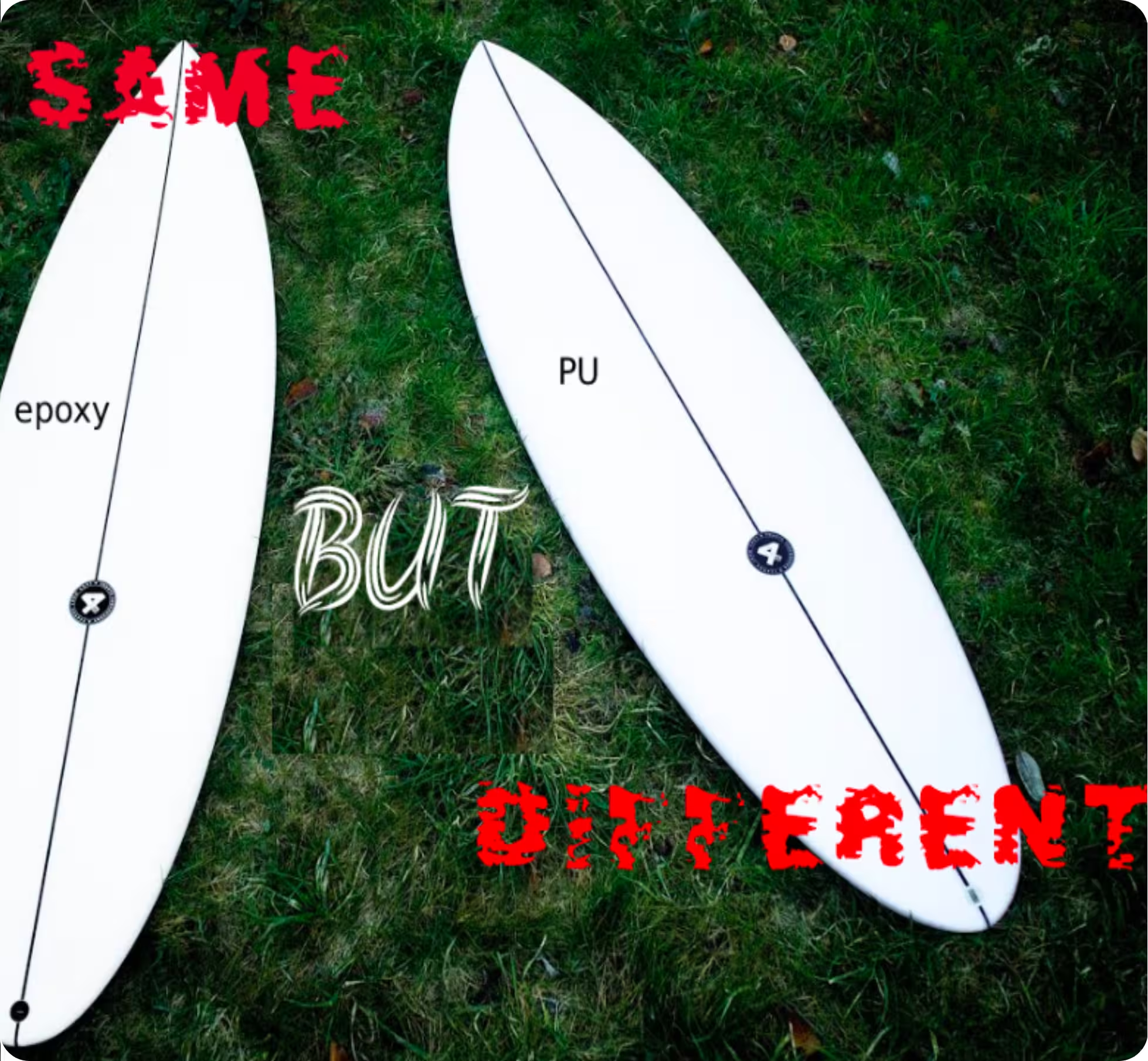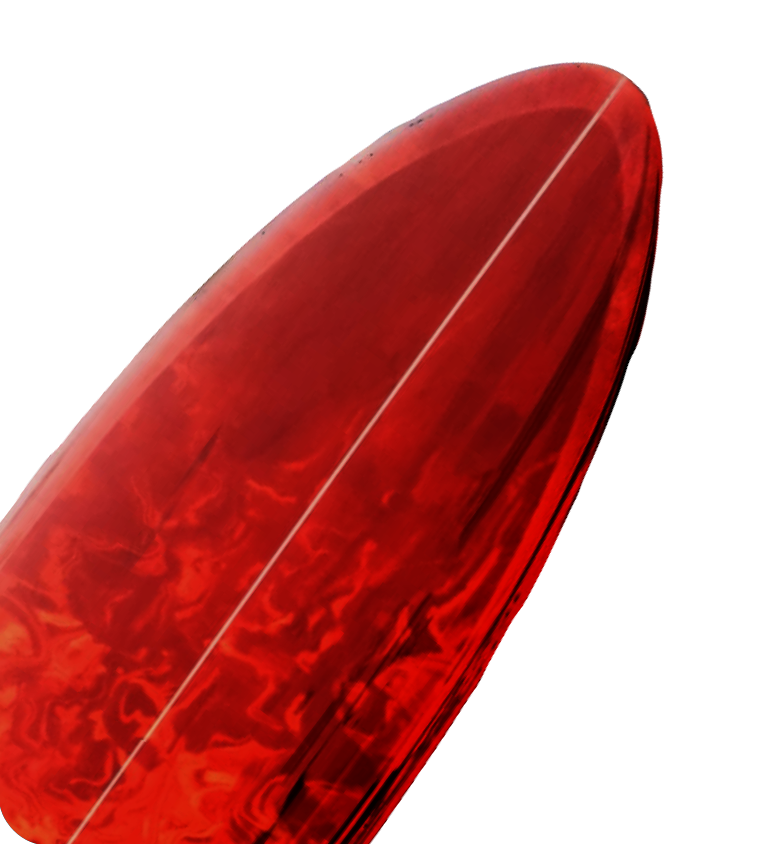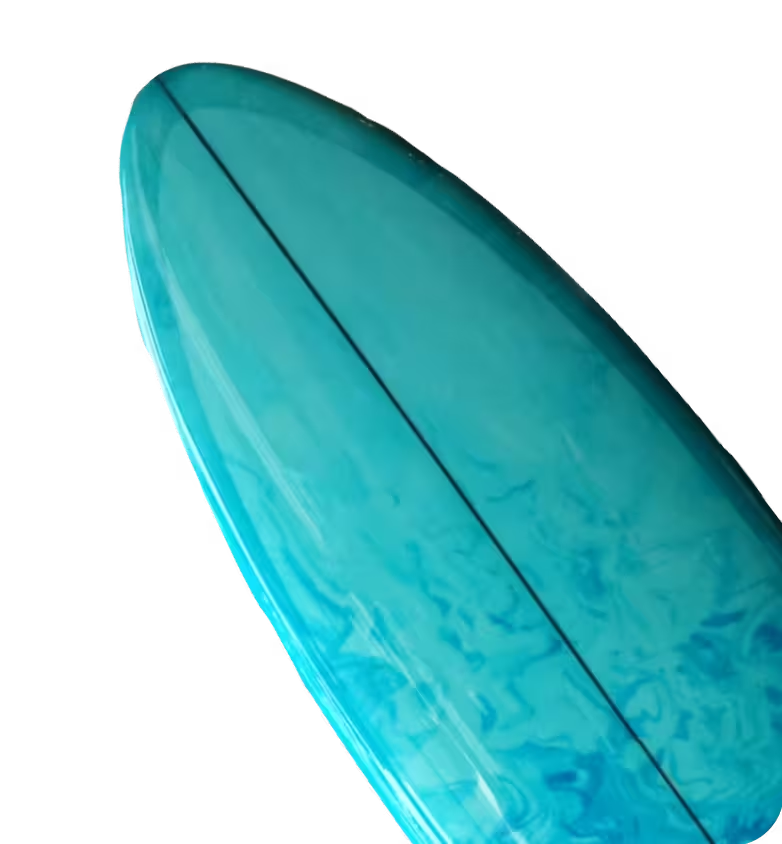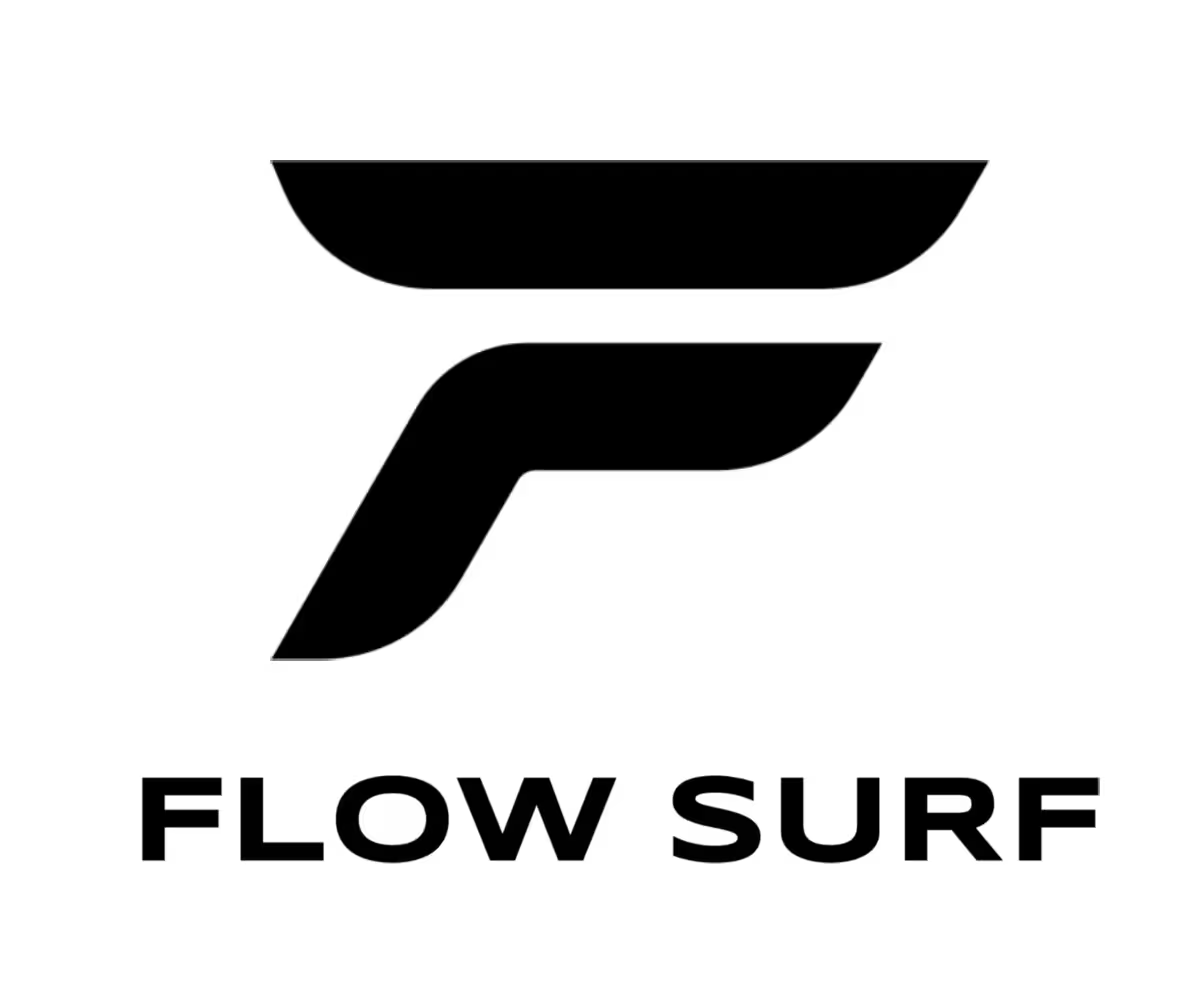The Ultimate Guide to Choosing the Right Surfboard — Flow Surf Lombok
Choosing the right surfboard is one of the biggest game-changers in your surf journey. I’ve seen it countless times here in Lombok — surfers unlock a whole new level of flow and confidence the moment their board actually matches the waves they’re riding.
Whether you’re paddling out at Selong Belanak for your first green wave or chasing down reef perfection at Gerupuk or Desert Point, the right board makes all the difference. The truth is, Indo waves — especially here around Lombok — have their own rhythm: fast, clean, and full of power. That means your board choice needs to reflect that energy, not fight it.
At Flow Surf Lombok, we’ve watched surfers of every level fine-tune their quiver to match Indonesia’s unique conditions — from cruisy longboard peelers to head-high reef breaks that demand precision and control.
This guide breaks down everything you need to know, from shapes and volumes to materials and local wave compatibility. By the end, you’ll have the clarity and confidence to choose the board that truly fits you and the waves you want to surf — especially here in our little slice of paradise.
Let’s dive in, and find the board that will keep you flowing
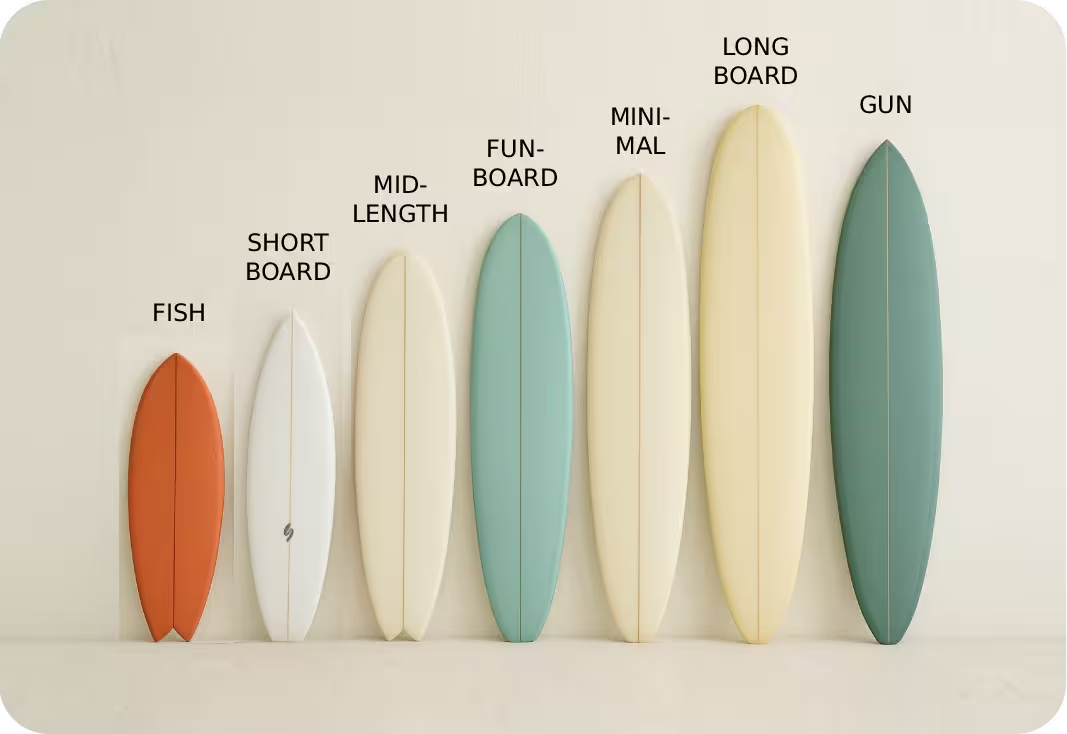
Finding the Right Surfboard for Indonesia’s Waves
(From the crew at Flow Surf Lombok)
One of the best things about surfing in Indonesia — especially around Lombok — is how diverse the waves are. From soft, rolling waves at Selong Belanak to the fast, hollow reefs at Gerupuk and Mawi, every break asks something different from your board. Choosing the right shape isn’t just about style — it’s about matching your board to the energy and shape of the wave.
Here’s how each type stacks up when it comes to surfing the waves of Indo.
Shortboards
Shortboards are the go-to for surfers chasing performance in fast, powerful waves — and Indonesia delivers plenty of those. With lengths typically between 5'8" and 6'2", they’re built for tight turns, quick direction changes, and steep drops. Their pointed noses and refined rails make them ideal for overhead reef breaks like Mawi, Ekas, or even Desert Point if you’re ready for the real deal.
They’re light, fast, and super responsive — but also unforgiving if your timing or positioning is off. Best suited to advanced surfers who want to push their limits and tap into Indo’s raw power.
Fish Surfboards
Fish boards are all about flow and fun. Shorter and wider than standard shortboards (5'4"–6'2"), they pack extra volume for speed and float, especially in smaller, slower, or mushier waves. Perfect for those glassy waist-high sessions at Gerupuk Inside or Senggigi, where you want to keep your momentum through flatter sections.
The twin-fin setup gives you a loose, skatey feel — great for drawing playful lines and making the most of those mellow Indonesian days when the reefs take a breather.
Funboards
Fun-boards are exactly what the name suggests — fun, forgiving, and versatile. Sitting between 6'6" and 8'0", they blend the paddling power and stability of a longboard with a bit of the agility of a shortboard.
They’re ideal for surfers progressing from foam boards or soft-tops, and work beautifully in chest- to head-high waves. Around Lombok, fun-boards are perfect for Tajung A'an, Kuta Beach, and Air Guling — breaks where you can catch heaps of waves and build confidence without feeling under-gunned.
Mid-Length Surfboards
The mid-length is one of the most underrated categories — sitting around 10-12" taller than your shortboard, these boards glide beautifully and handle nearly any condition. Think of them as the “Swiss Army knife” of surfing.
They’re smooth, easy to paddle, and capable in both small mushy surf and punchier reef waves. A solid choice for intermediate surfers who want to cruise but still draw clean, powerful turns. Around Lombok, mid-lengths are a dream at Ekas Inside or even Gerupuk Don-Don on smaller days.
Mini Mal Surfboards
A Mini Mal is that magic middle ground between beginner-friendly and performance-oriented. Usually 7 to 8 feet long, it’s a step up from a foamie but still keeps that stability and forgiveness.
Mini Mals are perfect for beginners and intermediates — they make catching waves easy, give you loads of glide, and still let you start trimming and turning confidently.
Longboards
The classic. Longboards are all about grace, flow, and style — perfect for smaller, slower waves like Tanjun A'an or Kuta Beach. Typically 8'0" to 9'6", they’re designed for nose rides, clean trims, and long, drawn-out turns.
There’s nothing like gliding down a clean Lombok wall on a longboard as the sun comes up and the wind is still calm. These boards are ideal for surfers who value rhythm and connection over radical moves — or anyone who just loves that timeless surf feeling.
Hybrid Surfboards
If you want one board that can handle nearly everything Indonesia throws at you, a hybrid might be it. They combine elements of shortboards and fish boards — a little more length, width, and volume, which means easier paddling and extra stability, but still quick and responsive when you drive through turns.
Hybrids perform in waist-high beach breaks to overhead reefs, making them perfect for intermediate surfers who want an all-rounder for spots like Gerupuk, Mawi, or even Tanjung A'an on a punchier day.
Foam Surfboards
Foamies are the starting point for most surfers — and honestly, they’ve come a long way. Made from soft, buoyant foam, they’re safe, stable, and incredibly forgiving, which makes them perfect for learning the basics or getting back into the water after a break.
They come in all shapes and sizes — from foam longboards to shorter fun foamies — and they shine in small, rolling surf like Selong Belanak or Kid's point, where you can catch waves all day without worrying about dings or wipeouts.

Key Factors to Consider When Choosing a Surfboard
(Insights from Flow Surf Lombok)
Choosing the right surfboard isn’t about what looks good under your arm — it’s about finding the one that fits you, your surfing, and the waves you ride. I’ve seen plenty of surfers here in Lombok unlock huge progression just by switching to a board that matches their level and the local conditions. The right board helps you paddle easier, catch waves earlier, and surf with confidence. The wrong one? It’ll fight you every session.
Every surfboard is a combination of design, materials, and purpose. How it paddles, how it holds a line, how it turns — all of that comes down to how well it suits your body, your ability, and the energy of the wave beneath you. Here in Indonesia, where the waves range from soft beach breaks to heavy reef barrels, understanding these factors is key to making the most of every surf.
Here’s what to look for when finding your ideal match:
Skill Level
Your ability is the foundation for choosing the right board.
- Beginners need something stable and buoyant — like a foam board, mini mal, or funboard — to build balance and confidence in smaller, softer waves like Selong Belanak.
- Intermediate surfers can start exploring hybrids or mid-lengths, which offer more performance while still giving easy paddling and forgiveness.
- Advanced surfers looking to push performance on Lombok’s reefs like Mawi or Desert Point will get the best from shortboards or refined hybrids built for speed and control.
Matching your board to your current ability (not your ego) is the fastest way to progress.
Wave Conditions
Indonesia’s waves are diverse — and each type of board shines in different surf.
- Small, mellow surf (like Kuta Beach or Senggigi): Go for longboards, funboards, or fish for glide and flow.
- Punchy, clean reef breaks (like Gerupuk, Mawi, or Ekas): You’ll want something with sharper rails, more rocker, and drive, like a shortboard or hybrid.
- Big, hollow surf: This is where performance shortboards and step-ups come alive — boards that can handle steep drops and hold their line through the barrel.
Know your local waves, and pick a board that complements their pace and power.
Surfboard Volume & Size
Volume (measured in liters) is one of the most important — and misunderstood — factors. It determines how much float your board has, affecting how easily you paddle and how stable you feel.
- More volume = easier paddling and more stability (ideal for beginners or slower waves).
- Less volume = more responsiveness (for experienced surfers in steeper, faster surf).
As a rule of thumb, surfers in Lombok’s consistent conditions can often go slightly lower volume than you would in weaker waves elsewhere, since Indo waves pack more power.
Materials & Construction
How your board is built affects both its feel and its lifespan:
- PU (Polyurethane): The traditional feel — smooth, solid, and with great flex, ideal for classic performance shortboards.
- Epoxy: Lighter, more buoyant, and stronger — perfect for travel, everyday boards, and humid Indo climates.
- Soft tops: Best for beginners and surf schools. They’re safe, durable, and easy to manage in crowded lineups.
At Flow Surf Lombok, we usually recommend epoxy or hybrid constructions for local surfers and travelers — they hold up better against Indo’s heat, reefs, and travel wear.
Fin Setups
Your fins can completely change how your board feels.
- Thruster (3 fins): The all-rounder setup — balanced drive, control, and maneuverability.
- Quad (4 fins): More speed and hold in powerful, down-the-line waves — great for Indo reef breaks.
- Twin Fin: Fast and loose, ideal for fish shapes in smaller surf.
- Single Fin: Smooth, stylish, and classic — perfect for longboarding small, glassy peelers.
In Lombok, many surfers love thrusters for versatility or quads for that extra drive through long, clean walls.
Tail Shapes & How They Affect Performance
The tail design changes how your board releases water and responds through turns:
- Squash Tail: Versatile and responsive — found on most all-round boards.
- Round Tail: Smooth rail-to-rail transitions — great for carving Indo point and reef breaks.
- Swallow Tail: Added hold and speed in smaller surf — ideal for fish or hybrid boards.
- Pin Tail: Maximum control and hold in big, powerful waves — perfect for step-ups and Indo barrels.
When you’re surfing waves with punch, like Mawi or Ekas, a rounded or pin tail gives more hold and control. For softer breaks like Don-don's, a squash or swallow tail helps you keep the speed and flow.
Choosing the right board is all about balance — between your skill, your surf spots, and the kind of waves you want to grow into. Here in Lombok, where the ocean changes mood with every tide, a well-matched board becomes more than just equipment — it becomes your partner in rhythm and flow.
.avif)
Choosing the Right Board for Your Surf Journey
(From Flow Surf Lombok)
There’s no single “perfect” surfboard — the best board is the one that suits you, your goals, and the waves you’re riding. I’ve seen it so many times here at Flow Surf Lombok: the moment a surfer finds the right board for their level, their surfing completely transforms. Paddling becomes easier, they start catching way more waves, and that stoke factor skyrockets.
Whether you’re just starting out at Selong Belanak, fine-tuning your cutbacks at Gerupuk, or pushing for deeper barrels at Mawi, the right board will always help you feel more connected to the wave and in control of your surfing.
A well-matched board isn’t just about performance — it’s about confidence. When your board fits your ability and the local conditions, every session feels smoother, more consistent, and more fun.
Best Surfboard Size for You
Finding the right board starts with understanding where you are in your surf journey — and what kind of waves you’re riding most often.
🥥 Beginners — Stability and Ease Are Everything
When you’re learning to surf, your main focus should be catching waves and building balance. That means stability, buoyancy, and forgiveness are your best friends.
- Go for softboards or funboards — boards that give you extra float and stability so you can stand up and start riding quickly.
- Spots like Selong Belanak and Kuta Beach are perfect for these boards — gentle, rolling waves that let you practice without pressure.
- Bigger boards (7–9 ft) with lots of volume will help you paddle faster, catch more waves, and enjoy steady progression.
Flow Surf Tip: Don’t rush down in size too soon — mastering the basics on a larger, stable board sets you up for a lifetime of fun sessions.
🍌 Intermediates — Finding Flow and Progression
Once you’re catching waves confidently and starting to trim, it’s time to explore boards that let you turn, pump, and generate more speed.
- Try hybrids, fish boards, or performance funboards — they keep some stability but bring in more responsiveness and control.
- Great for Gerupuk Inside or Don-Don, where you get fun, predictable waves to work on your technique.
- Look for moderate volume and a shape that still paddles easily but feels more lively underfoot.
Flow Surf Tip: This is the stage where experimenting helps — try different fin setups and tail shapes to feel how your board reacts in different Lombok waves.
🌶 Advanced Surfers — Power, Precision, and Performance
If you’re confident taking on steeper, faster waves and want to refine your performance, it’s time to step onto shortboards or performance longboards.
- These boards are designed for speed, power, and technical maneuvers — carving, snapping, and controlling your line in critical sections.
- Perfect for Mawi, Ekas Outside, or even Desert Point, where wave shape and power demand precision.
- Look for refined rails, less volume, and a shape tuned for drive and responsiveness.
Flow Surf Tip: In Lombok’s powerful surf, a slightly longer shortboard or rounded pin tail can give you more control in hollow, fast-breaking waves.
Choosing the right surfboard is about matching your ability, your surf spots, and your goals in the water. When your equipment fits your style and the conditions around you, you stop fighting the board — and start truly flowing with the wave.
That’s what it’s all about here at Flow Surf Lombok — helping every surfer find that perfect rhythm between board, body, and ocean.
Would you like me to write the next section — something like “Building Your Indo Quiver” or “Final Tips for Choosing Your Perfect Board” — to wrap the guide up smoothly?
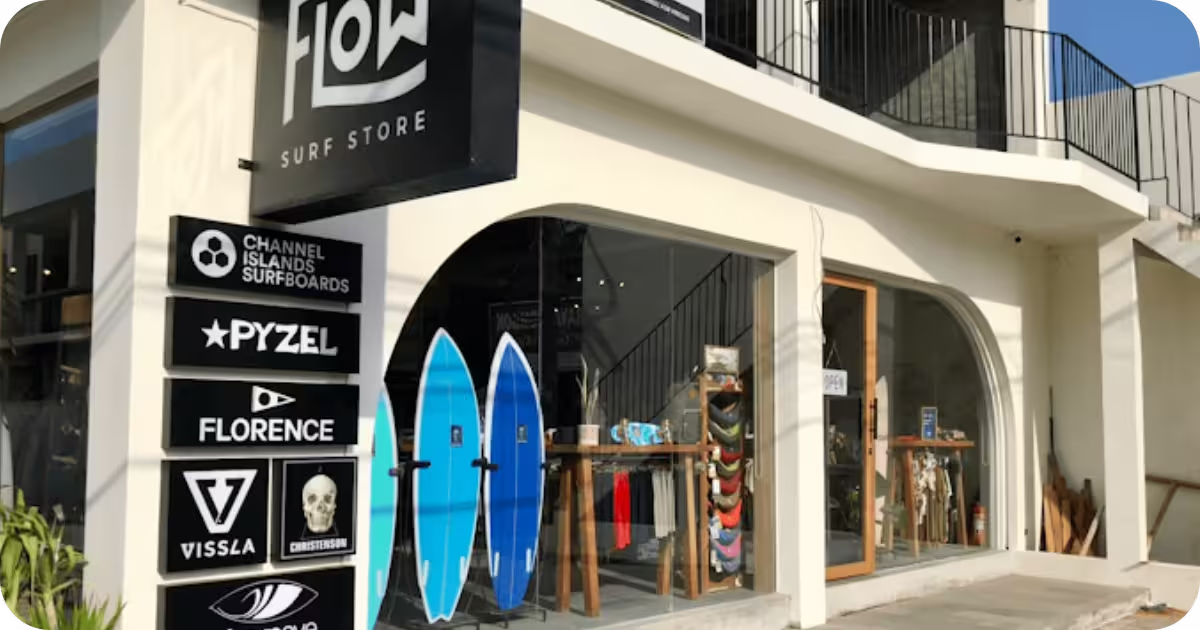
Best Surfboard Size for You
(Flow Surf Lombok Guide to Finding Your Ideal Volume)
When it comes to choosing the right surfboard, volume is one of the most important — yet often overlooked — factors. Volume determines how much float your board has, which directly affects how well it paddles, catches waves, and performs once you’re up and riding.
In simple terms:
- More volume = easier paddling and more stability.
- Less volume = more control and performance — but harder to paddle.
Your weight, fitness level, and experience all play a role in finding your perfect balance. The goal is to choose a board that gives you enough buoyancy to paddle comfortably without feeling like you’re riding a boat.
Here in Lombok and Indonesia, waves generally pack more punch than many other parts of the world. That means you can often ride a slightly lower-volume board than you would in weaker, slower surf. Indo’s clean, powerful waves do a lot of the work for you — your board just needs to keep up with the flow.
Volume and Wave Match
If you’re surfing mellow waves like Selong Belanak or Senggigi, you’ll want more volume to help you catch smaller sets and glide smoothly.
If you’re heading for faster reef breaks like Gerupuk, Mawi, or Ekas, less volume and a more performance-oriented shape will give you better control on steeper faces.
Finding Your Sweet Spot — General Guide
Here’s a quick reference based on average surfer weight and skill level (60–80 kg range):
Skill LevelRecommended Volume (L)Ideal Board TypesBeginner50–70 LSoftboard, Longboard, or Mini MalIntermediate35–50 LFunboard, Mid-Length, or HybridAdvanced25–40 LShortboard, Fish, or Performance Board
Flow Surf Tip: Don’t obsess over exact numbers — your fitness, paddle strength, and the types of waves you surf matter just as much. It’s better to slightly over-volume than struggle with a board that feels too small.
How Much Do Surfboards Cost?
Surfboard prices can vary widely depending on the materials, brand, and construction — and whether you’re buying locally here in Indonesia or back home.
As a general rule, international surfboard brands are the least expensive they will be anywhere in the world, right here in Indonesia! Yup, you heard it. All major brand of Surfboard manufacturers moved their production facilities to Indonesia. Lower overheads, paired with with international quality materials has resulted in Indonesia becoming the best place in the world to invest in your quiver! Yeeew! On average 20-30% less than international prices.
At Flow Surf Lombok, we sell everything from affordable soft-tops for beginners to handcrafted, high-performance boards for serious surfers. Here’s a general breakdown to help you budget smartly:
Softboards (Foamies) IDR 5– 8 million
Mini Mals & Funboards IDR 9 – 13 million
Longboards IDR 10 – 15 million
Shortboards IDR 9 – 13 million
Fish & Hybrid Surfboards IDR 9 – 13 million
Custom / High-Performance Boards IDR 9 – 14 million+
Used Boards IDR 3 – 8 million
if we don't have what you are looking for, we can do a custom board at no extra cost. Just takes a bit longer. Make sure to get in touch so we can sort you out with the perfect fit for your needs.
Flow Surf Lombok Tip
Invest in a board that fits your stage of surfing now, not just where you want to be. It’s better to progress steadily on the right board than struggle on something too advanced.
If you’re ever unsure, drop by the Flow Surf shop — we’re always happy to chat boards, check your volume, and match you to something that’ll keep you stoked and progressing
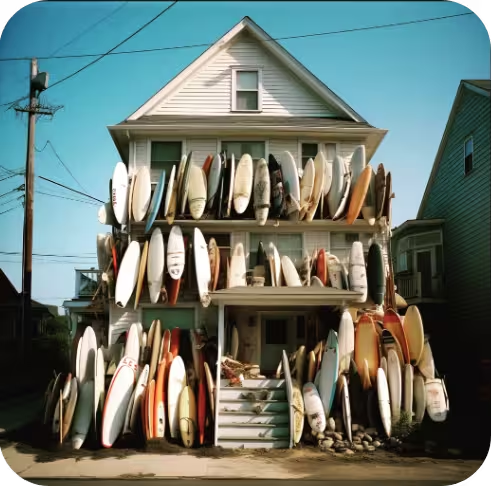
Expert Tips & Final Thoughts on Choosing the Perfect Surfboard
(From Flow Surf Lombok — written from our experience in Lombok’s lineups)
Choosing the right surfboard is part science, part feel, and a big part trial-and-error. Over the years at Flow Surf Lombok I’ve watched surfers make their biggest leaps simply by getting hands-on with different boards — renting, demoing, and surfing them in the breaks they actually ride. If you can, test before you buy. A few sessions on different shapes will teach you more than pages of specs ever will.
Here are the realities I keep telling every surfer who walks into our shop:
- Match the board to the waves you surf most. A board built for overhead reef barrels won’t be as fun in small, crumbly beach breaks — and vice versa. In Lombok that usually means keeping at least one board tuned to reef power (a performance short or hybrid) and another for mellow mornings (a mid-length, funboard, or longboard).
- Buy for where you are now — not just where you want to be. It’s tempting to grab a pro model the moment you feel confident, but the right-sized, slightly forgiving board will help you progress faster and keep sessions enjoyable.
- Prioritize durability if you travel. Epoxy constructions stand up better to heat, humidity, and airline handling, which makes them a smart choice for the Indo travel lifestyle.
- Talk to local shapers and experienced surfers. They know how shapes behave in the actual spots — and that local tweak (a little extra tail rocker, a different foil) can turn a good board into a great one.
Practical Expert Tips
- Demo multiple boards in the same session if possible — compare paddle speed, wave-catching, and how the board feels on the face.
- Pay attention to paddle feel: if you’re struggling to catch waves, you need more volume. If the board feels sluggish in turns, you probably have too much.
- Try different fin setups — thruster for all-round control, quad for extra drive on long walls, twin for looseness in small surf.
- Consider a quiver approach: at least one all-rounder (hybrid/midlength) and one performance board (shortboard or refined hybrid) covers most Indonesian conditions.
- Ask about repairs and resale before you buy — some boards hold value better and are easier/cheaper to fix locally.
- Factor travel logistics: weight, bag size, and how easily the board can be packed matter a lot for Indo trips.
- Don’t underestimate tail shape: squash/swallow for speed and release on small waves; pin/round for hold in bigger reef sections.
- Start slightly over-volume if unsure — it’s easier to shrink your board later than to add paddling power.
- Match leash thickness and length to the board and conditions — heavier waves deserve a stronger leash.
- Keep a maintenance routine: rinse with fresh water, store out of sun, and fix dings promptly to extend the life of your board.
Quick Buying Checklist
- Have you tried the board in the kind of waves you’ll surf most? ✅
- Does the board’s volume match your weight and fitness? ✅
- Are you happy with the fin setup and tail shape for your local breaks? ✅
- Is the construction (PU, epoxy, soft top) suited to travel and local conditions? ✅
- Can local shapers/shops repair it affordably? ✅
At the end of the day, the best surfboard is the one that makes you catch more waves, improves your connection to the ocean, and keeps you smiling on the paddle back out. Take your time, demo what you can, listen to local advice, and buy a board that fits both your current level and the waves you actually surf.

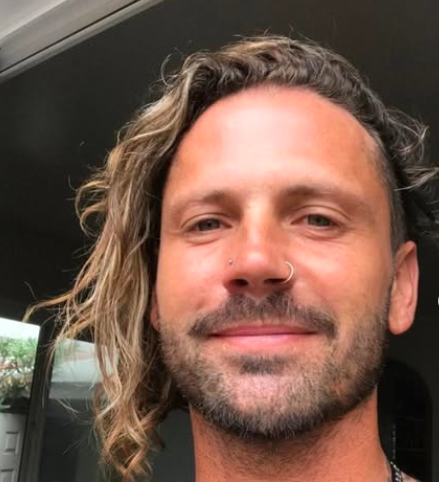





.avif)


